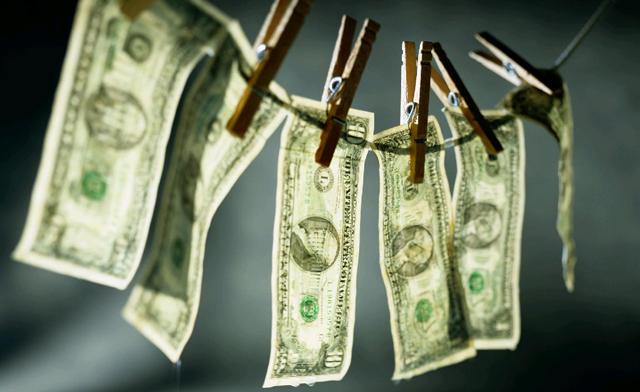Financial Fraud: Lawrence Hoskins Was Sentenced For His Role In a Multi-Year, Multimillion-Dollar Money Laundering Scheme
Former Senior Alstom Executive Sentenced to Prison for Role in Money Laundering Scheme to Promote Foreign Bribery A former…
Former Senior Alstom Executive Sentenced to Prison for Role in Money Laundering Scheme to Promote Foreign Bribery A former…

Money Laundering Fraud Money laundering іѕ defined аѕ thе process оf concealing оr disguising thе proceeds оf а crime…